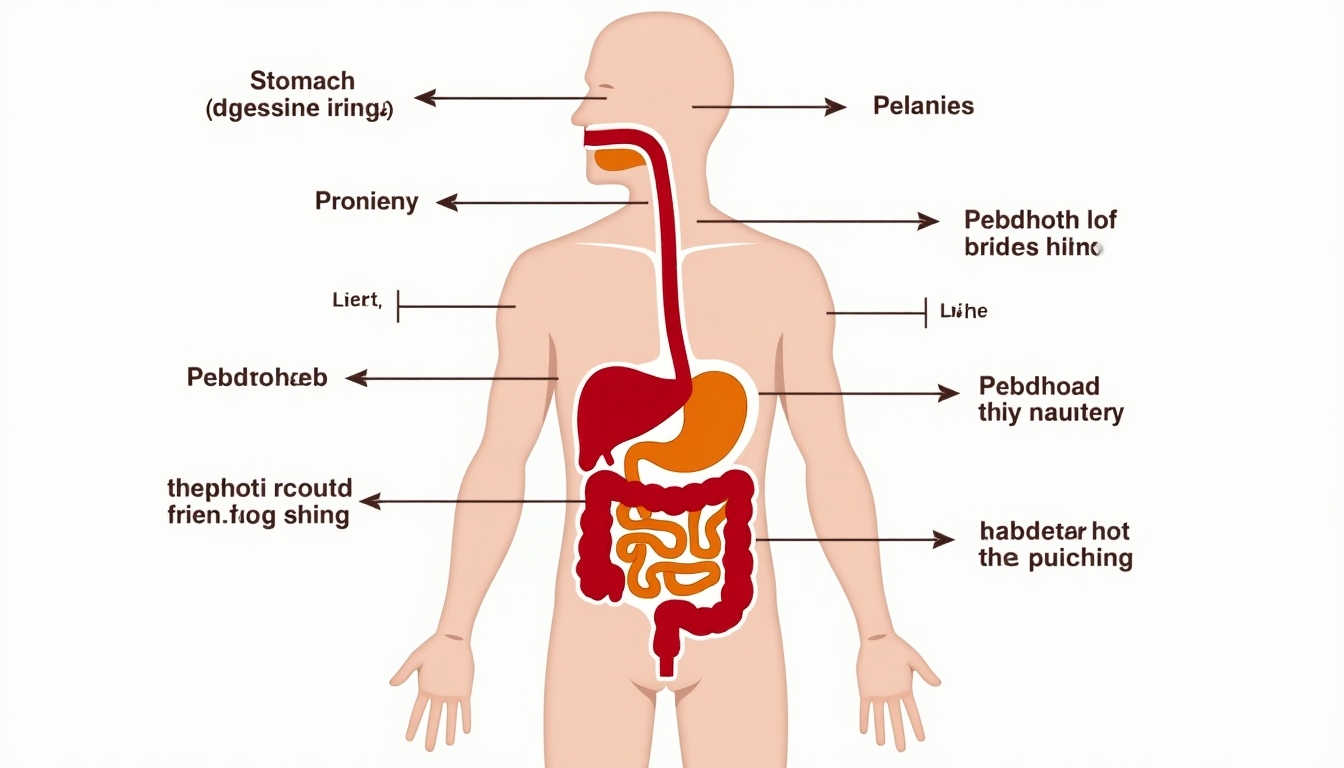Chronic Vomiting: A Hidden Struggle
Chronic vomiting can significantly affect an individual's quality of life, leading to numerous health complications. Understanding its causes, symptoms, and impact on health is crucial for managing the condition effectively.

What is Chronic Vomiting?
Chronic vomiting is defined as frequent and persistent episodes of vomiting over an extended period. It affects people of all ages and can result in serious health issues such as dehydration and nutritional deficiencies. The condition might stem from a variety of causes including gastrointestinal disorders, neurological conditions, and sometimes idiopathic origins where the cause is unknown.

Chronic FPIES Symptoms: Unseen Yet Severe
One specific cause of chronic vomiting is Chronic Food Protein-Induced Enterocolitis Syndrome (FPIES). This rare food allergy primarily affects infants and young children and is characterized by delayed vomiting several hours after consuming certain trigger foods. Common symptoms include severe diarrhea, lethargy, and dehydration. Recognizing these symptoms early is essential for preventing severe complications and ensuring that children receive proper nutrition.

Health Impact of Chronic Vomiting
The impact of chronic vomiting on health can be profound. Over time, repeated vomiting can lead to:
- Dehydration: Loss of fluids and electrolytes that are vital for the body’s functions.
- Malnutrition: Difficulty in retaining adequate nutrition, leading to deficiencies.
- Esophageal Damage: Continuous exposure to stomach acid can damage the esophagus.
Addressing these concerns promptly with the help of healthcare professionals is vital to mitigating long-term consequences.

Personal Insights: Living with Chronic Vomiting
Living with chronic vomiting requires constant vigilance and adaptation. For many, the unpredictability of sudden vomiting episodes imposes a hefty emotional and physical toll. Managing daily life involves tailored dietary plans, regular medical consultations, and sometimes, psychological support to cope with anxiety and stress related to the condition.

Recommended Lifestyle Adjustments
To manage chronic vomiting effectively, consider implementing the following lifestyle changes:
- Monitor Diet: Identify and eliminate trigger foods. Keeping a food diary can help in recognizing problematic foods.
- Hydration: Regular fluid intake is crucial. Oral rehydration solutions may be necessary to maintain electrolyte balance.
- Medical Support: Regular check-ups with healthcare providers can help monitor health and make necessary adjustments in treatment.

Conclusion
Understanding and addressing chronic vomiting and its associated conditions such as Chronic FPIES can significantly improve the quality of life. Early diagnosis, effective management strategies, and education are key to minimizing the impact on health. Whether dealing with the condition personally or supporting a loved one, awareness and proactive healthcare play pivotal roles.
Discuss Here